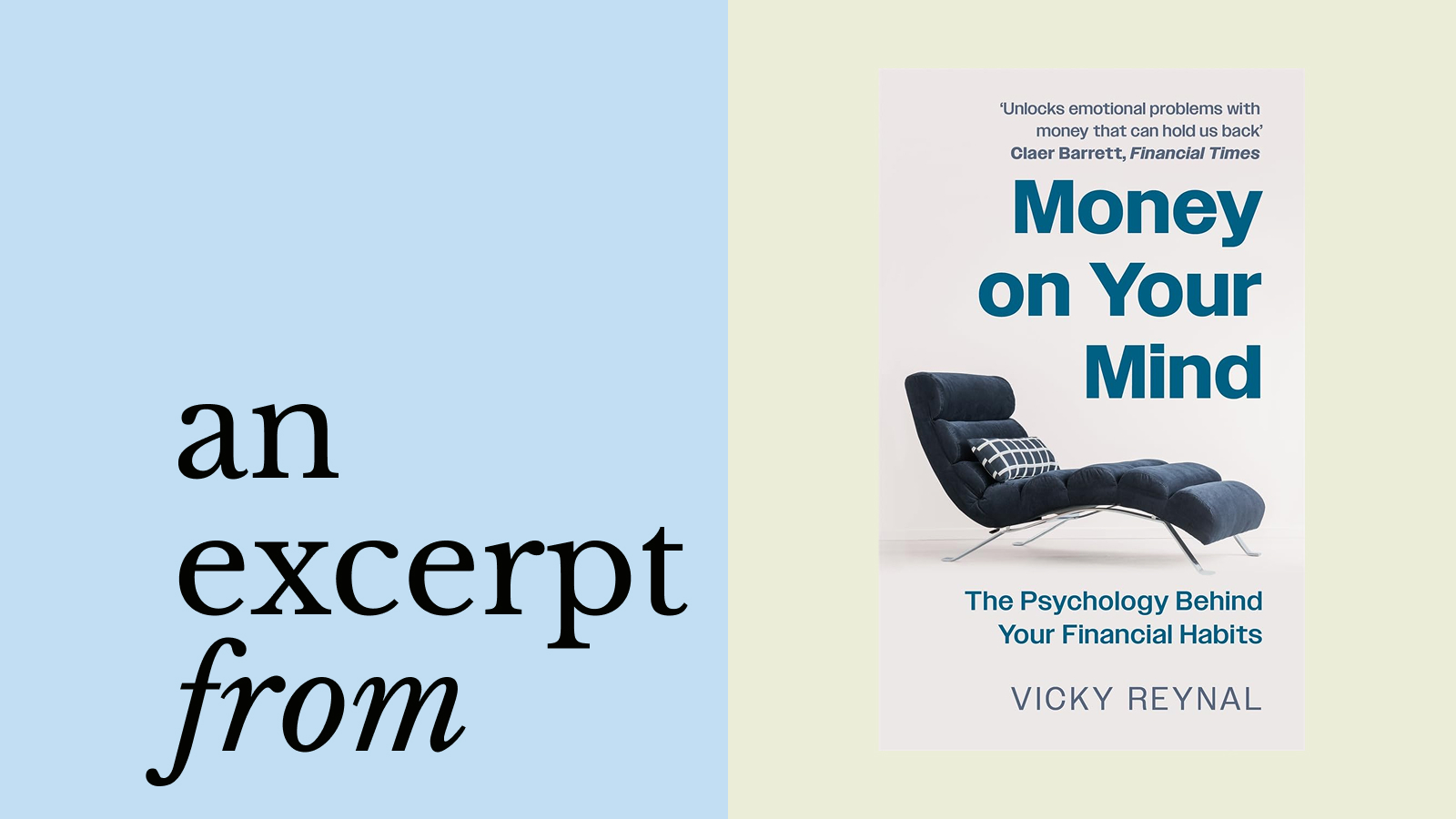Why didn’t Jane Austen Write “Pride and Polygyny”?

IT is a truth universally acknowledged, that a single man in possession of a good fortune must be in want of a wife.
So wrote Jane Austen in the opening line of her novel Pride and Prejudice.
With his fortune of £100,000 (which today would be worth about £4,950,000 or almost $8,000,000), one has to wonder why Mr. Charles Bigley was only looking for ONE wife. He clearly could have afforded to marry more than just one of the lovely ladies who resided near Netherfield Park. Talk about sister wives; imagine all the Bennet girls married to the same man. Mrs. Bennet would have been thrilled.
We have already talked about the mystery of monogamy – the puzzle that countries with high levels of wealth inequality have legally enforced monogamy – but an older theory by Satoshi Kanazwa and Mary Still always reminds me of Jane Austen’s novels.*
In their paper they argue that with high levels of inequality, rich and powerful men will have more wives and because they have more wives they will also have more children. Rich and powerful men will have more sons not only because they have more children but also because, for some reason, powerful men are more likely to have sons than daughters (the last three presidents of the US have ruined what used to be a perfectly good story about US presidents and their many sons).
Powerful men care about their sons’ welfare and therefore chose the marriage institution that gives their sons an advantage over other men. If rich men have rich sons then those sons will be better off if polygyny is the marriage institution and not monogamy.
I like Satoshi Kanazwa, don’t get me wrong here, but he has clearly never read a Jane Austen novel.
Everyone who has read Jane Austen knows that rich men have, in general, only one rich son who inherits all of the family wealth. The rest of their sons are left to take up parishes in the country and to marry the plain daughter of some unfortunate man whose estate will go to his unpleasant nephew.
Economic historians who have looked at pre-industrial Britain have shown that the wealthy did have more children and that, to a large extent, those children ended up moving down to the lower classes because rich men did not, in general, divide their land wealth among their children.
So, if you apply Kanazwa and Still’s reasoning, this makes for an interesting argument for why monogamy ensued in England despite severe wealth inequality. Rich and powerful men have more sons, some of whom will end up moving down the income distribution, and so those men adopted legal institutions that ensured that their second, third and fourth sons did not end up without wives.
That institution is monogamy.
I am in a literary mood so I will leave you with a limerick that was written in the nineteenth century by William Cosmo Monkhouse.
There once was an old man of Lyme
Who married three wives at a time,
When asked, “Why a third?”
He replied, “One’s absurd!
And bigamy, sir, is a crime.
* Kanazawa, Satoshi and Mary Still (1999). “Why Monogamy” Social Forces





